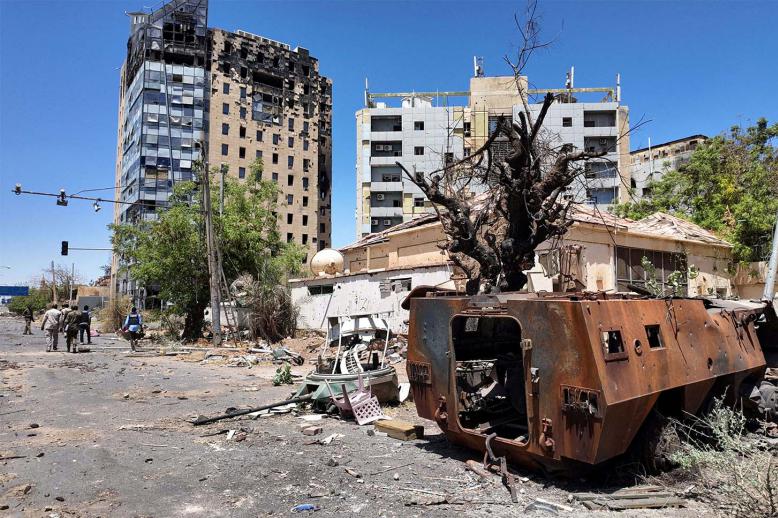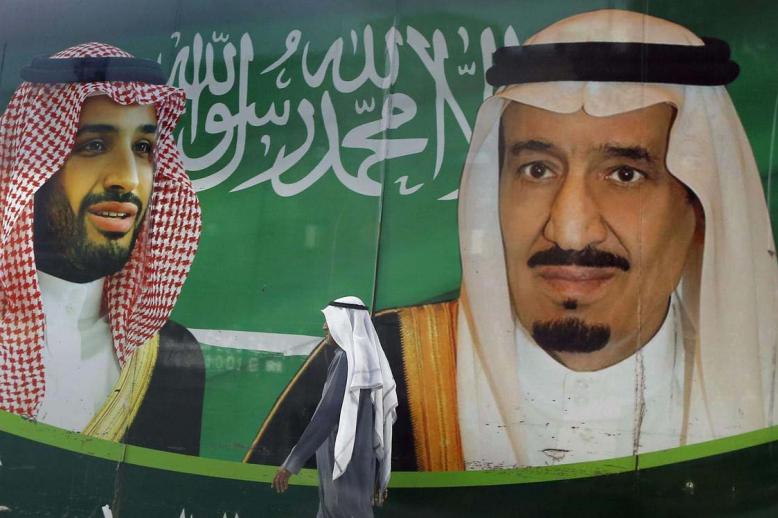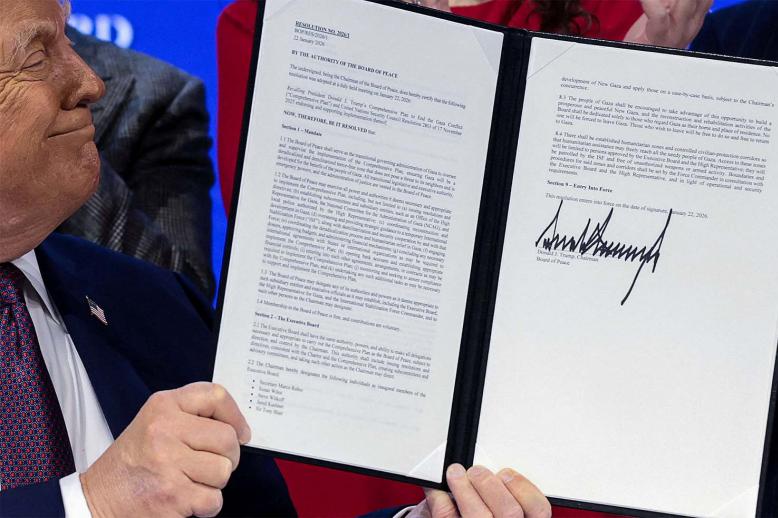Macron’s proposals a bridge too far for US, Iran
If there was any hope for an easing of tensions between the United States and Iran, the duelling speeches at the UN General Assembly by US President Donald Trump and Iranian President Hassan Rohani negated the chances for that possibility.
Not only did the two leaders not meet, as was rumoured might happen just a couple of weeks ago, but their messages to the world body were in direct contradiction to one another.
Trump labelled Iran as one of the “greatest security threats facing peace-loving nations.” He accused Tehran of fuelling the wars in Syria and Yemen and charged that it was pursuing a “fanatical quest for nuclear weapons and the means to deliver them.”
Rohani underscored that the “imaginary Iranian threat” has been used by some leaders to “justify a long catalogue of crimes and catastrophic practices over the past three decades” citing, in particular, the arming of Iraq’s Saddam Hussein and supporting the Taliban and al-Qaeda in Afghanistan.
On the nuclear issue, Rohani emphasised that “notwithstanding the position of others,” Iran’s nuclear programme is “exclusively for peaceful purposes.” Iran has an international right, he said, to pursue nuclear enrichment for such purposes. Moreover, he added, weapons of mass destruction have “no place” in Iran’s security framework.
Trump emphasised that he withdrew from the 2015 nuclear deal to stop “Iran’s path to nuclear weapons and missiles” and implemented “severe sanctions” on the regime as a result. He charged that Tehran, in the hope of freeing itself from the sanctions, embarked on “violent and unprovoked aggression,” including the September 14 attack on Saudi oil facilities.
Labelling Iran’s policies as “bloodlust,” Trump added that sanctions would not be lifted “as long as Iran’s menacing behaviour continues.”
Rohani claimed Iran is only interested in “peace” and “tranquillity” and is an “anchor of stability” in an otherwise “ocean of regional instabilities.” He labelled the sanctions imposed by the United States as “inhumane” and against peace.
Rohani added that the sanctions are not just aimed at political leaders but against the “common people” who are victimised by such policies; hence, the sanctions violate fundamental human rights.
Trump accused the Iranian regime of blatant anti-Semitism in its strident anti-Israeli positions. He accused the regime of “stealing” the Iranian people’s money to fund “massacres” at home and abroad.
Rohani charged that the Palestinians are subjected to structural violence in which their basic rights are “tragically violated.” He said the Iranian people, in recent elections, voted for “hope, foresight and prudent moderation” and, in an indirect swipe at Saudi Arabia, said Iran “defends peace based on democracy and the ballot box everywhere, including in Syria, Bahrain and other countries in the region.”
The back-and-forth claims and accusations indicate that neither leader wanted to look weak while speaking on the world stage and was not going to change his fundamental outlook. For Trump, Iran cannot be trusted with any nuclear programme and he sees Iran’s missiles as a regional threat, especially considering the recent attacks on Saudi Arabia. For Rohani, the sanctions have been illegally imposed on Iran and countries like Saudi Arabia and the United States are the ones causing havoc in the region.
Both leaders left the door open a bit to the possibility that they could have a better relationship in the future. Trump said the United States has never believed in permanent enemies and underscored that its closest friends today “were once our gravest foes.” He added that the United States was ready to embrace friendship with those who seek peace.
Rohani said he hoped the United States would refrain from “following the interests of warmongering pressure groups” to arrive at a point where the two countries reach a framework to “manage our differences.” Rohani also suggested that he would be amenable to giving the Western powers more assurances about Iran’s peaceful nuclear intent.
Rohani also placed conditions on this small olive branch, saying: “Stop the sanctions so as to open the way for the start of negotiations.”
French President Emmanuel Macron laid out his vision for a compromise deal — ensuring Iran has no path towards a nuclear weapon, a resolution of the Yemen war, addressing other conflicts in the region, freedom of navigation in the Gulf, addressing the lifting of sanctions and curbing Iran’s missile programme.
If such a comprehensive deal were to succeed, both the United States and Iran would have to dial down their accusations but that will be difficult to do. Moreover, it is far from certain whether the United States will modify its position on keeping sanctions in place until Iran changes its behaviour or whether Iran would be willing to curb its missile programme, which it sees as important for its national defence.
Given the duelling speeches at the United Nations, Macron’s proposed deal may be a bridge too far for both the United States and Iran.
Gregory Aftandilian is a lecturer at the Pardee School of Global Studies at Boston University and is a former U.S. State Department Middle East analyst.
Copyright ©2019 The Arab Weekly







